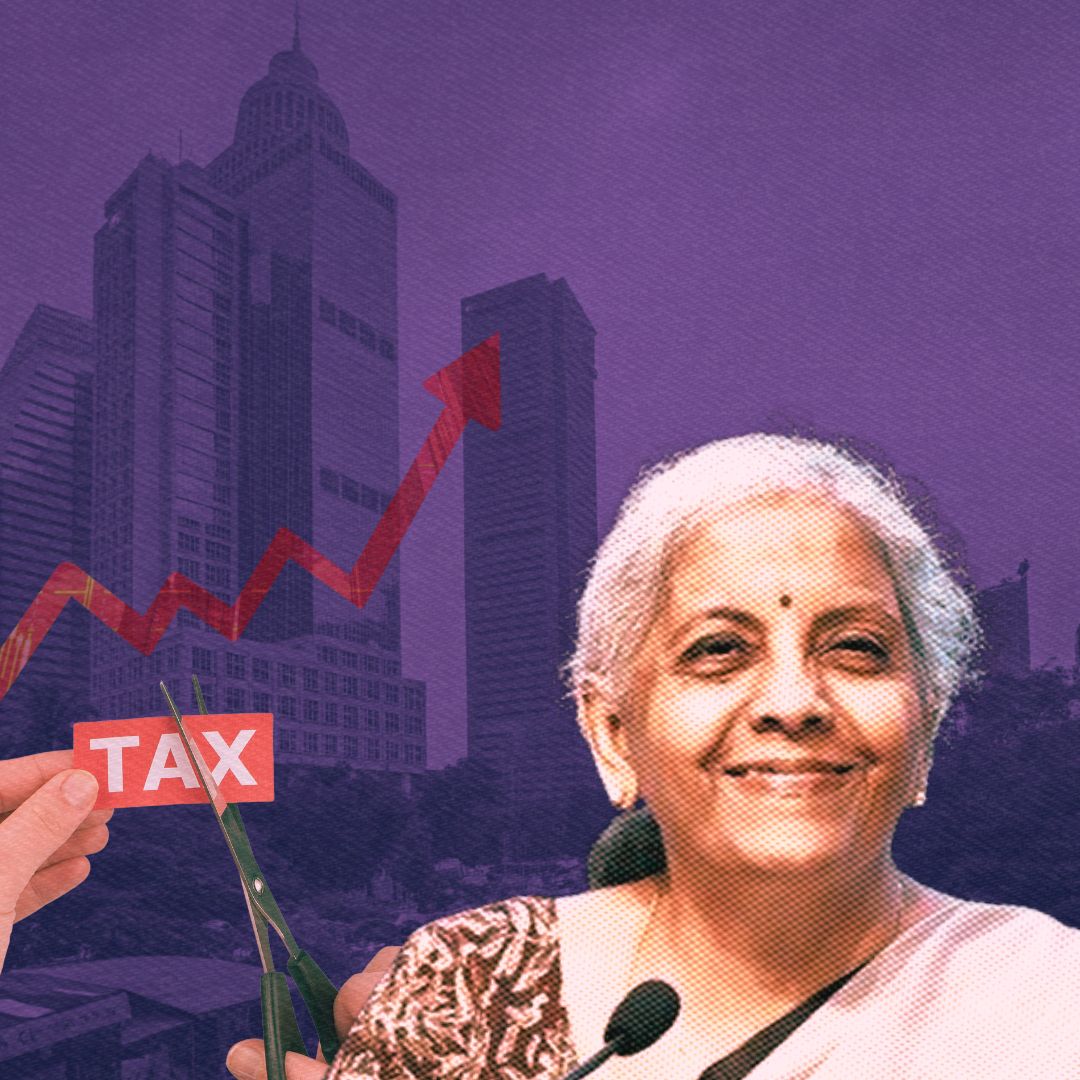India’s largest corporates have reportedly saved around ₹3 lakh crore in taxes since the implementation of reduced corporate tax rates in 2019. This significant financial relief, aimed at stimulating economic growth, has raised concerns regarding its impact on public revenue and economic equity. As the government prepares for the upcoming Union Budget, discussions are underway about potential income tax cuts for individuals to further boost consumer spending.
Corporate Tax Cuts: A Financial Windfall
The reduction of corporate tax rates from 30% to 22% for existing firms and as low as 15% for new manufacturing companies has resulted in substantial savings for major corporations, amounting to over ₹3 lakh crore since 2019. This move was part of a broader strategy to enhance India’s competitiveness and attract foreign investments. While corporate profits surged during this period, tax contributions increased only modestly, prompting concerns about the sustainability of public finances and the potential widening of economic inequality among smaller businesses. Officials have acknowledged the necessity of balancing corporate benefits with public revenue needs, highlighting ongoing debates about equitable taxation.
Upcoming Budget Discussions and Potential Tax Relief
As India approaches its Union Budget announcement scheduled for July, discussions within the Ministry of Finance are focusing on potential income tax cuts aimed at consumers with higher spending capacities. Reports suggest that individuals earning between ₹500,000 and ₹1.5 million may see tax rate reductions as part of a broader effort to stimulate consumption and drive economic growth. Finance Minister Nirmala Sitharaman is actively consulting with stakeholders to shape these proposals, which are seen as crucial in light of recent electoral challenges faced by the ruling party amid rising inflation and stagnant private investment.
Context of Economic Challenges
The backdrop to these discussions includes a sluggish growth environment characterized by muted agricultural performance and weak exports. Despite an average GDP growth rate exceeding 7% over recent years, private investment remains subdued, necessitating a renewed focus on boosting consumer demand. Policymakers believe that rationalising the income tax structure could unlock greater disposable income for consumers, thereby enhancing overall economic activity and potentially increasing GST collections.
The Logical Indian’s Perspective
The substantial tax savings enjoyed by large corporations underscore a critical need for balanced fiscal policies that support both corporate growth and social equity. As we advocate for a fair economic landscape, it is essential to ensure that benefits derived from tax cuts contribute positively to broader societal welfare. How can we leverage these financial advantages to foster inclusive growth that uplifts all segments of society? We encourage our readers to reflect on this question and share their insights on achieving a more equitable economic framework in India.











